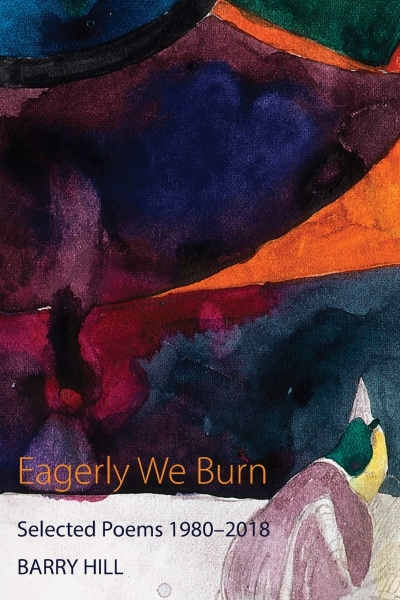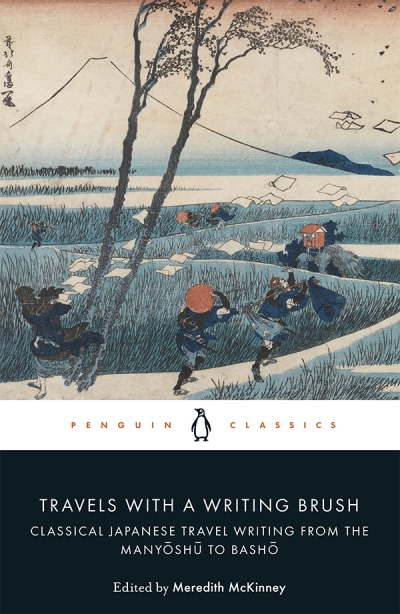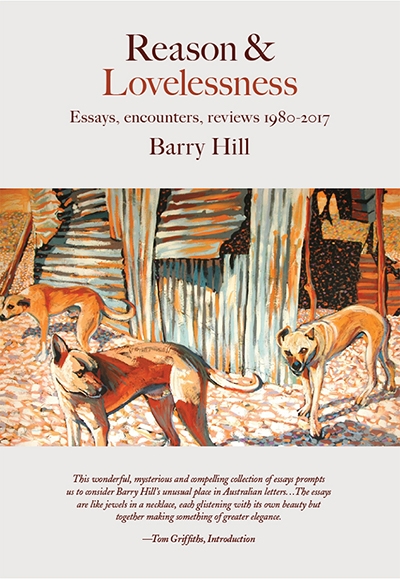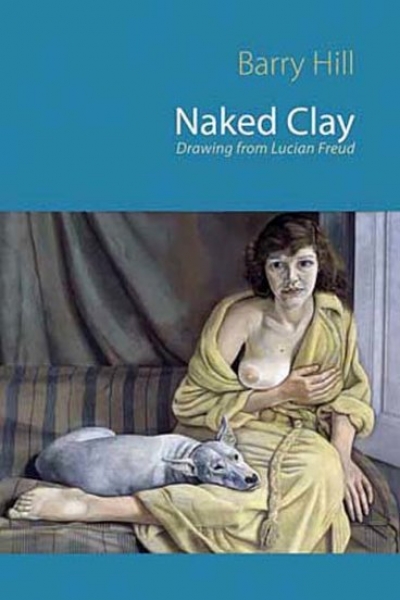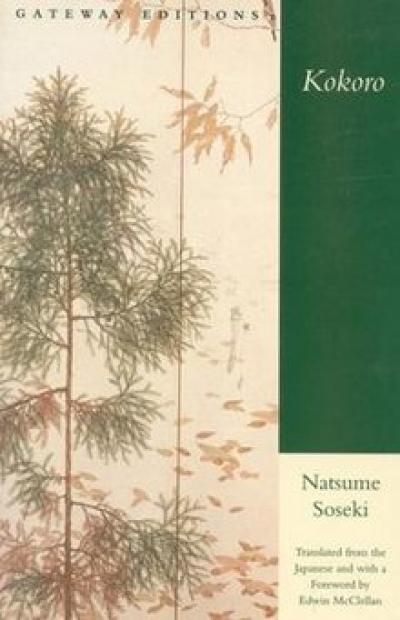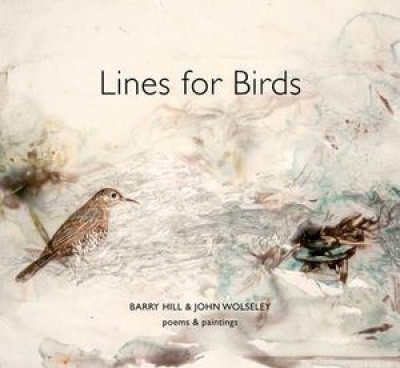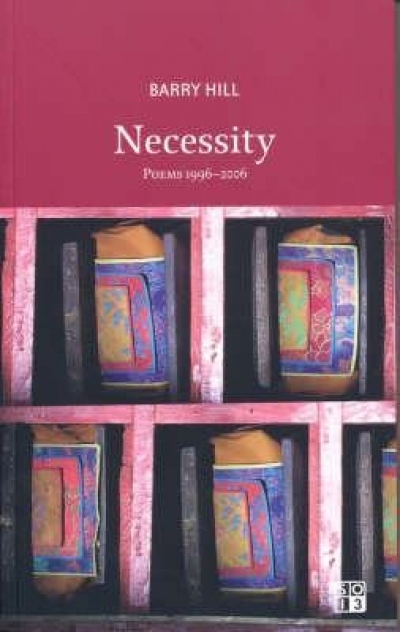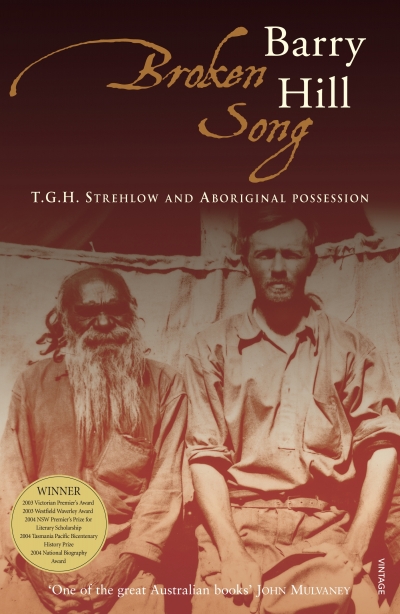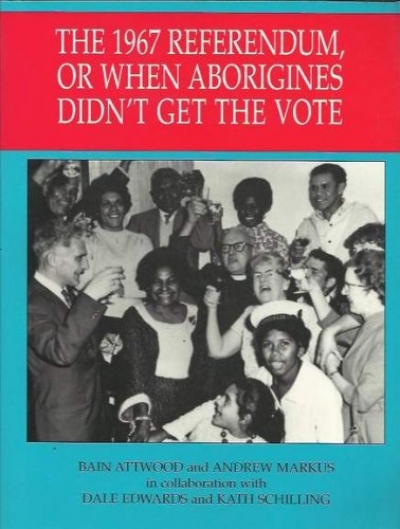Barry Hill
Travels with a Writing Brush: Classical Japanese travel writing from the Manyōshū to Bashō edited by Meredith McKinney
by Barry Hill •
Reason and Lovelessness: Essays, encounters, reviews 1980–2017 by Barry Hill
by Patrick McCaughey •
Lines for Birds: Poems and Paintings by Barry Hill and John Wolseley
by Chris Wallace-Crabbe •
Broken Song: T.G.H. Strehlow and Aboriginal possession by Barry Hill
by Frances Devlin-Glass •
The 1967 Referendum, or When the Aborigines Didn’t Get the Vote by Bain Attwood and Andrew Markus with Dale Edwards and Kath Schilling
by Barry Hill •

